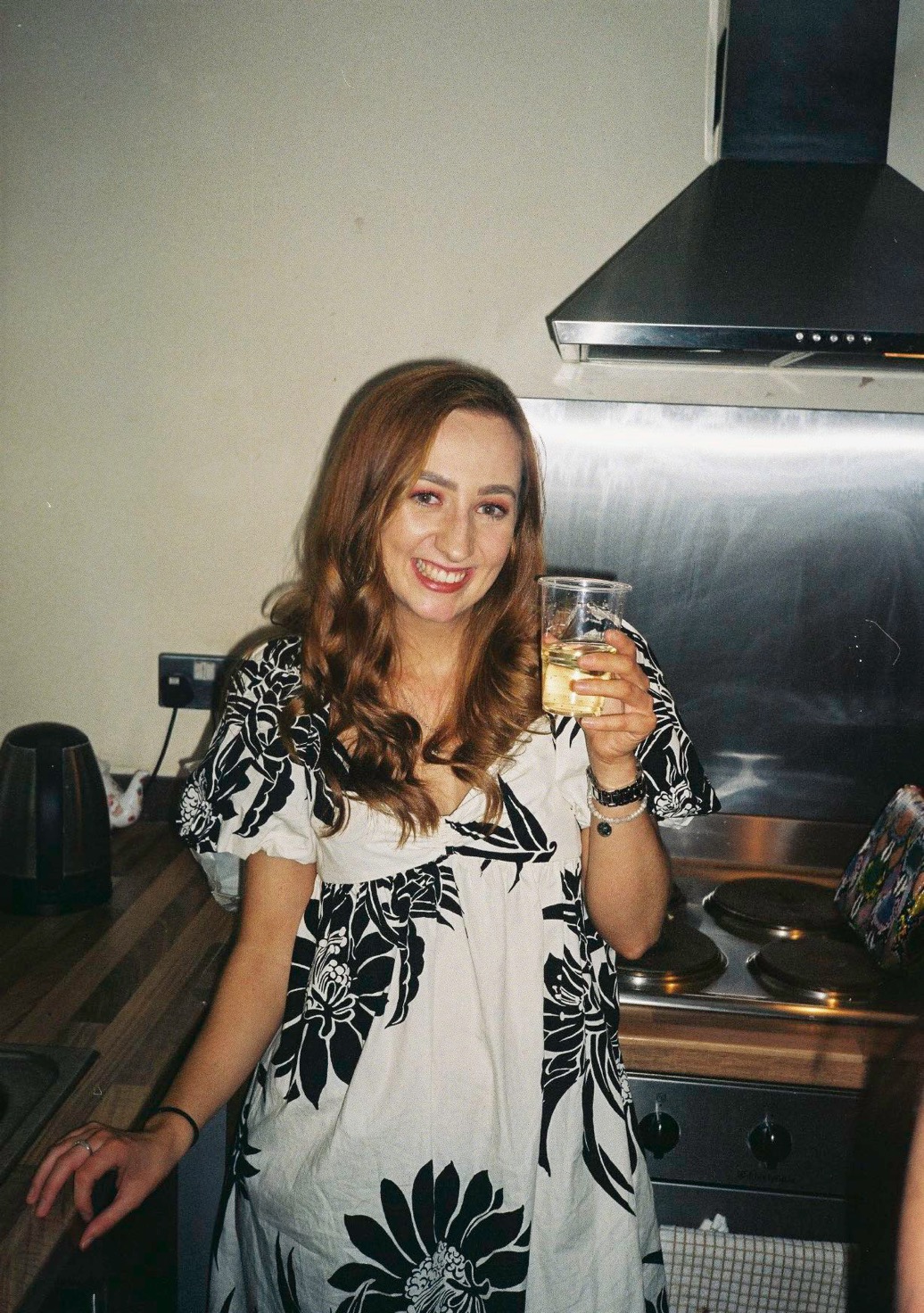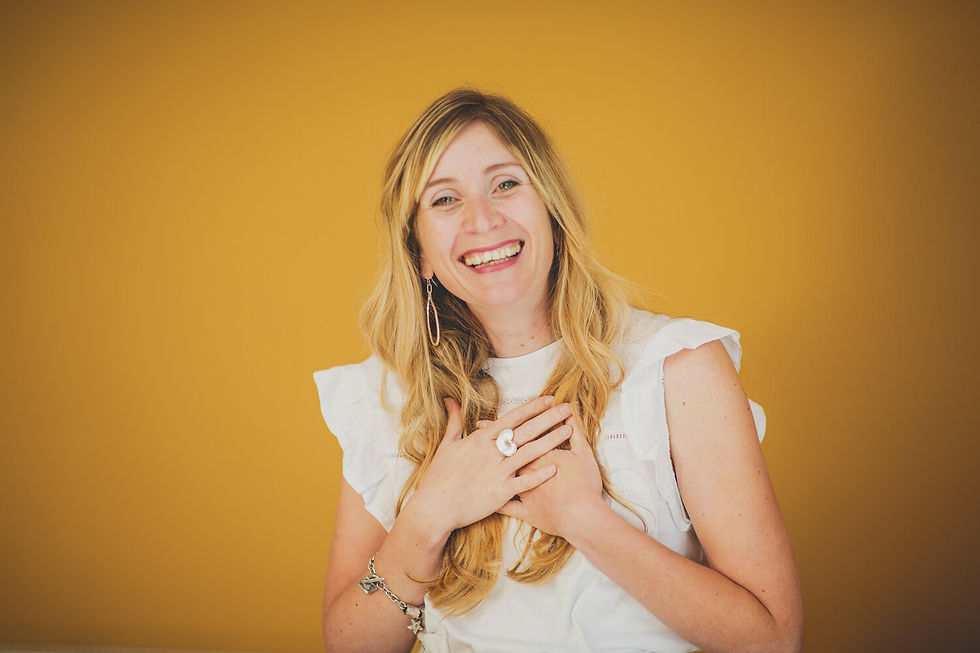In conversation with... Dr. Adelina Ong
- Natalia Williams

- Feb 20, 2020
- 3 min read
Updated: Mar 2, 2020
I was encouraged to attend Dr. Adelina's seminar due to the content I share on my blog surrounding mental health and I am beyond glad I did. Adelina is a performance scholar and workshop practitioner who focuses on youth cultures and subcultures. She omits a homely and welcoming atmosphere that immediately made me feel a little less lost with my journey to dealing with mental health implications. Dr. Adelina presented 'Resisting Neoliberal Technologies of Self-Repair: Conversations With a Mental Wellbeing Artificial Intelligence About Inequality'. She addressed issues surrounding how mental health is dealt with in the modern-day technology society, and how the therapeutic compensations are offered by online platforms, discussing how helpful they really are.

Adelina showed us mental health apps such as Woebot and in particular, Wysa. She showed us an online conversation she had with the online robot that had been technologically created by Wysa, who designed the bot to respond to people who reached it out to it as if it were a human, having a conversation with someone who is struggling mentally. We discussed as a group the responses weren't that emotional, which wasn't surprising. In fact, Adelina pushed the robot to find a point where it would respond in a manner that took the subject seriously, and found that in order to achieve this response is for the person to state that they were suicidal. Most people who are struggling mentally, particularly suicidal people, are not willing to speak about their issues and discussing it.
"At your most vulnerable you're expected to perform the most."
Adelina described this as 'human capital'. Industries like wysa are making huge profits from apps such as these, in fact wysa is an 11 billion dollar industry. Their products that are meant to represent a human connection, but from the example Adelina showed us, that certainly wasn't the case. It's clear that the producers of the app aren't properly taking into account how people actually feel when experience mental health problems, and how to deal with it in a respectful and patient manner.
Adelina moved onto how technology such as playlists on music apps are designed to supposedly help people with mental health implications. She shows us how an app suggested meditation to tackle her anger issues, but as a group we discussed how this doesn't necessarily help everyone. By being told to meditate or do yoga, for example ,this can often be another mode of stress added to a list of things people are already worrying about. One lecturer laughed; I've got to go to work, do marking and lesson planning, make sure the students are okay, go home, eat well, exercise and look after my family, now I have to fit yoga in to my schedule too?!

Dealing with mental health issues are a lot more complicated than people think. Apps such as these can be dangerous as they can push people into feeling uncomfortable. However, there is limited access to mental health services, not just here in the U.K, but globally. In fact, when I was suffering with anxiety and depression when I was a teenager, I was so confused and lost, and didn't really realise what I was feeling. It was only in hindsight do I now know how hard it was for me. I waiting three years on the CAMHS list to be seen by a professional. By then, I didn't feel as though I needed it, so I decline. By mental health issues never go, and sure enough I was at a low point again, and in need of help.
Luckily I was able to get help but others aren't so lucky. the conversation changed slightly; sometimes its a matter of what you can afford in order to get the correct help. With the NHS badly underfunded, people who cannot afford to go private suffer the most, and end up getting worse, as they feel as though they are forgotten about. Adelina spoke of the schooling system in China. So, maybe apps like these are the only way people can get help fast. Adelina shone a light on both the positives and negatives of technology, and how it can be a quick escapism for those in need of reassurance. Technology can also be a gateway for people who find it hard to communicate verbally, so that they can feel a sense of power and confidence when speaking through an app.
As a society, as still have a long way to go in tackling mental health issues, and Adelina raised this so brilliantly. She made us, a group of young and old, student and lecturer, feel as though we are all struggling together, that we are not alone.


Comments